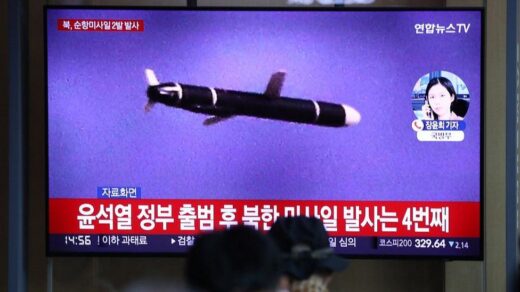UK Special Forces have been accused of blocking Afghan troops they previously fought alongside from relocating to the UK after the Taliban took power, according to a BBC Panorama investigation. Leaked documents reveal that applications for relocation were rejected despite evidence of service with the British military. Afghan commandos who had accompanied British special forces on dangerous missions were among those denied resettlement. The Ministry of Defence is conducting an independent review of the situation.
Members of Afghan Special Forces units CF 333 and ATF 444, known as the “Triples”, were eligible for resettlement under the Afghan Relocation and Assistance Policy (Arap) scheme. However, hundreds had their applications rejected, with some reportedly suffering torture or death at the hands of the Taliban. The Armed Forces Minister, James Heappey, has announced a review of about 2,000 applications, admitting that some rejections were not robustly decided.
Documents seen by Panorama show that all Triples applications were sent to UK Special Forces for approval or denial. If denied, the applicant was automatically deemed ineligible. Internal Ministry of Defence emails suggest that civil servants administering the relocation scheme felt unable to challenge special forces’ rejections.
Former members of the SAS have told Panorama that they believe this veto represents a clear conflict of interest for UK Special Forces. This is because a public inquiry in the UK was investigating allegations that SAS soldiers had committed war crimes in Afghanistan where the Triples units were present. The inquiry can compel witnesses who are in the UK, but not non-UK nationals who are overseas.
Panorama has spoken to former members of the Triples who had their relocation applications rejected and say they witnessed or reported what appeared to be war crimes committed by UK Special Forces. They also saw documents submitted by two former Triples officers along with their applications to the Arap scheme. Despite providing ample evidence of their work with the UK Special Forces, their applications were rejected.
The Ministry of Defence told Panorama that final decisions are made by Arap caseworkers and that cases deemed eligible are then sent for ministerial approval. However, it did not dispute that UK Special Forces had the power to reject applications.
Mr Heappey, the Armed Forces Minister, told Parliament that Triples applications had been denied in part because the government did not hold comprehensive employment or payment records for them. However, military figures who served alongside the Triples dismissed this account, saying that the Afghan forces were paid directly by the British and that records were kept for every payment.
UK Special Forces have previously been accused of preventing military investigators from questioning Afghan partner units about alleged war crimes committed by the SAS. Former senior investigators from the Royal Military Police (RMP) told the BBC that special forces leadership repeatedly stood in the way of them interviewing Afghan troops in their investigations.









